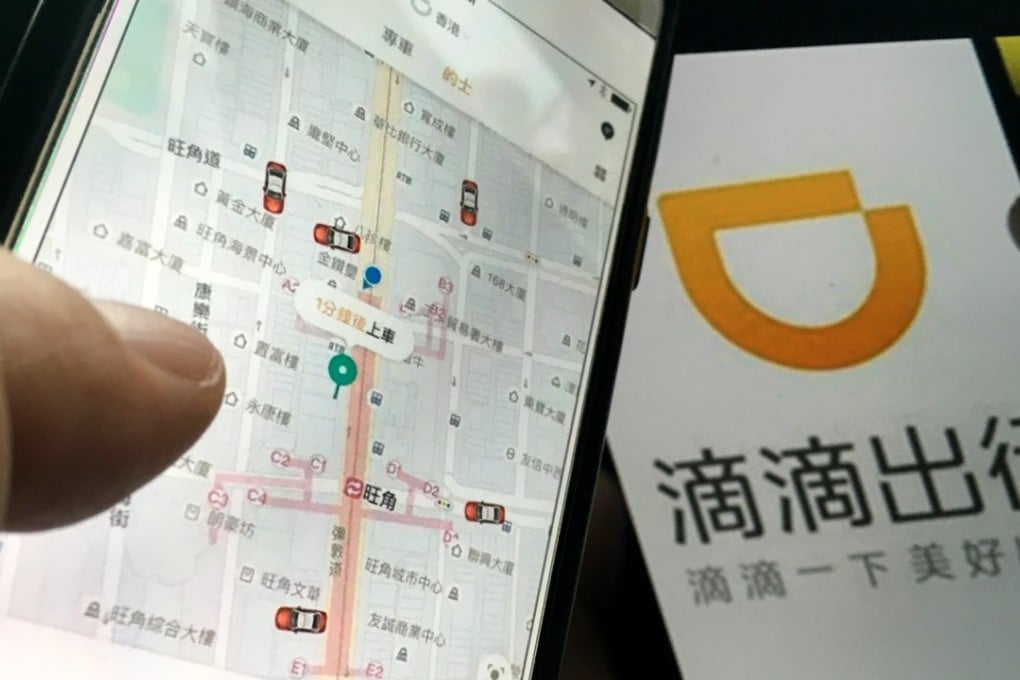China’s biggest ride-hailing platform Didi now wants to help cities solve traffic jams
From traffic lights to reversible lanes, China’s ride-hailing king bets on the power of AI to expand beyond its core business

Having made it easier for passengers to hitch a ride, China’s biggest car hailing company has its sights set on the next challenge: easing road congestion so those same riders get to their destinations faster.
One year after forming a smart traffic unit, Beijing based Didi Chuxing is in talks to export some of this knowhow to Brazil and Australia to help ease traffic jams.
“The Brazil government wants us to help them optimize their traffic lights. Traffic jams there are even worse than in Beijing,” said Bob Zhang Bo, Didi’s co-founder and chief technology officer.
Authorities in the city of Melbourne asked the same thing after Didi launched services in that city in June, but Zhang admits that Didi won’t be in a position to implement a full operational system until it builds up its fleet of cars in those locations.
However, consulting with city authorities on traffic management is happening in mainland China where Didi has many more cars on the road – it doesn’t disclose how many – but last year there were 21 million paid Didi drivers. The company is a partner in a project that uses artificial intelligence to manage over 1,300 traffic lights in 20 mainland Chinese cities including Beijing, Jinan, Wuhan and Guiyang. The latest version of the system, launched in the second quarter, can optimize traffic conditions in a neighborhood instead of just a single intersection, Zhang said.
Data has become critical in the AI era, giving companies like Didi and e-commerce giant Alibaba Group – which operate in the world’s most populous country – a competitive advantage over rivals in other countries.